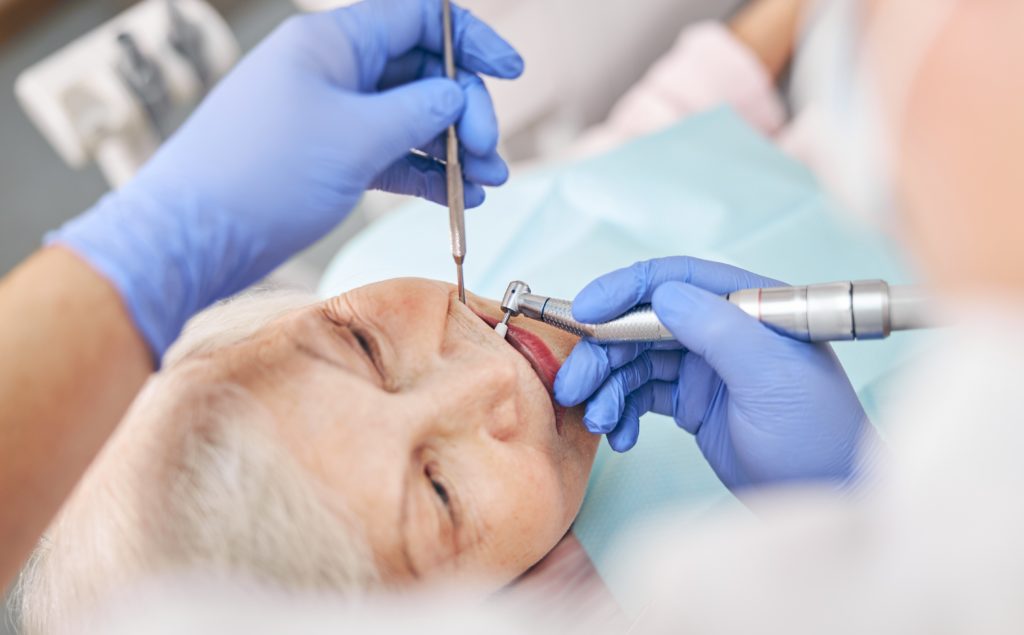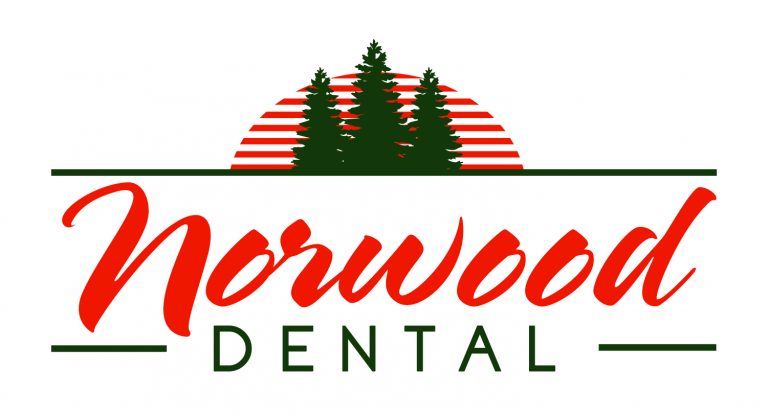What Constitutes A Dental Emergency?
In the general sense of the term, a dental emergency is a dental issue that requires immediate professional attention and treatment.
Dental emergencies can occur at any time of the day – more commonly due to an injury or an infection. While not all situations warrant professional intervention, it is important to understand which ones do.
What Are Common Dental Emergencies?
Intolerable Pain
If you’re experiencing extreme pain and if painkillers aren’t helping, chances are the dental issue is much severe than you think. It could be due to chronic infection, acute pain due to decay, or a wisdom tooth issue.
Chronic infections can also cause abscesses – which can be life-threatening. Should you notice swelling or pus drainage, contact your dentist ASAP. Aside from painkillers, warm saline rinses also help alleviate pain and swelling.
Besides abscesses, unbearable pain is usually an indication that you should be heading to your nearest emergency dentist.
Uncontrollable Bleeding
Usually occurred during an accident or trauma the face, the first thing you need to do is apply pressure on the bleeding area. If that doesn’t help control or slow down the bleeding, rush to your nearest emergency room or emergency dentist.
In cases of uncontrollable bleeding, waste no time.
Loss Of Tooth
This is relatively common in cases of long-standing infection or injury to the oral cavity. Irrespective of whether you have pain or not, visiting an emergency dentist is advised.
Pick up the tooth you’ve lost by the crown. Do not hold it by the root. Touching the root can damage the tooth and also lead to it becoming non-vital. Hold the tooth under running water. Avoid scrubbing.
Try to gently place the tooth back into the socket and hold it in place with clean gauze or tissue. If you feel like you’re unable to place it back, dunk it into a glass of clean water or preferably, milk. Call your dentist as soon as possible because, in cases of tooth loss, time is of the essence.
Displaced Tooth
Similar to tooth loss, infection and injuries can cause it to simply displace within the socket without falling out. Displacement of a tooth can also occur due to forces from an adjacent tooth, as in the case of a wisdom tooth.
This can be a pretty painful condition, one that constitutes a dental emergency. Furthermore, a displaced tooth that isn’t taken care of can be permanently damaged. Don’t try to fix the issue on your own. Rather, get in touch with an emergency dentist to resolve this issue for you.
Facial Trauma
Injury to the face can not only lead to chipped, broken, loose, or lost teeth, but it can also lead to fractures. Furthermore, it can also cause injury to the hard and soft tissues of the mouth, all of which need to be assessed by a professional.
You might experience bleeding, pain, and/or swelling. If you encounter an accident that results in injury to your face, make sure you see an emergency professional as fast as you can.
Damaged Dental Work
Although not technically an emergency, damaged or broken dental work can be bothersome. Whether it’s a broken orthodontic wire, a displaced dental crown, or a loose denture – all of these situations can hamper a person’s day-to-day life.
If you experience an issue with your dental restorations or appliances, give your emergency dentist a call. They’ll be sure to fit you in as early as they can.
What Qualifies As Emergency Dental Care?

Any of the above situations that warrant an out-of-the-blue trip to the dentist is an emergency. If your dentist gives you their time – whether in business hours or outside of it – to assess and take care of your issue, it qualifies as emergency dental care.
This emergency dental care could be –
- Invasive – as in cases of trauma where one would require stitches or extractions.
- Non-invasive – in cases of chipped or broken teeth, where the dentist would provide the patient with a restoration.
In short, if you find yourself in a scenario where you’re visiting your dentist unplanned, you will probably be receiving emergency dental care.
How Does Emergency Dentistry Work?
Here is what you can expect when you pop into your dentist’s office with a dental emergency –
Examination
Your dentist at Norwood Dental will examine your face and oral cavity for the issues you present. They might ask to take a couple of digital films depending on the situation – usually X-rays.
Pain Relief
If you’ve been experiencing pain, your dentist will try to figure out the source of it. They might choose to give you an injection to help relieve pain faster. Furthermore, if they feel like the cause can be taken care of immediately, they will proceed as they see fit.
Your dentist might also prescribe you painkillers and antibiotics to help with the pain, if necessary.
Fixing The Issue Or A Temporary Solution
While pain relief is possible during an emergency visit, the underlying problem may not be treated in its entirety. Fixing the issue might require an additional visit.
However, emergency dentists are experts at providing temporary solutions to buy the patient more time. During your appointment, your dentist at Norwood Dental will take all the possible steps to help you. Should they ask you to revisit another time, it’s likely necessary.
How To Find Emergency Dental Treatment Center?
- Get in touch with the dentist you usually visit. Dentists always dedicate extra time for emergencies, particularly for their regular patients. They might come into the office to see you if you’ve encountered a dental emergency.
- If you’re not in touch with an emergency dentist and are in a fix, head to your nearest emergency room. They’ll provide you with first aid and also get you in contact with an emergency dentist.
Norwood Dental takes same-day emergency dental services. So if you’re in and around our area and need help, give us a call – (952) 467-3518 – and we’ll fit you into our schedule.
